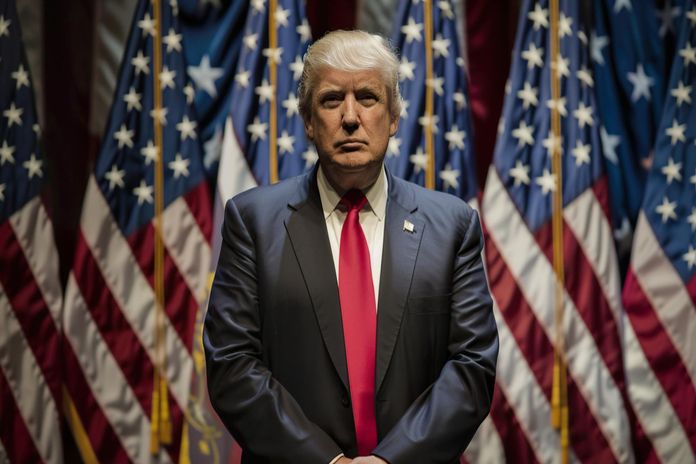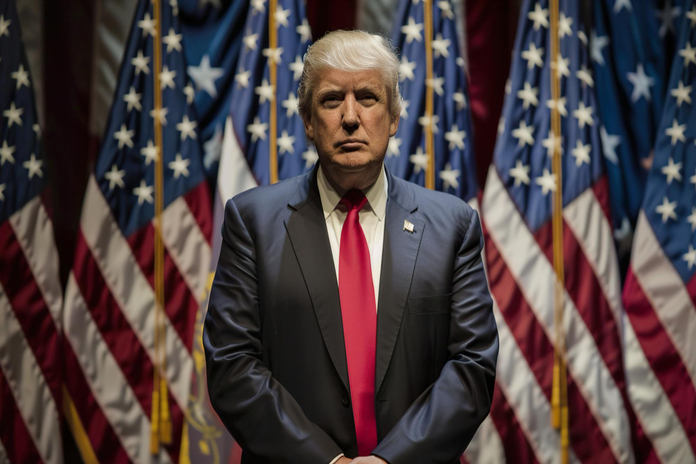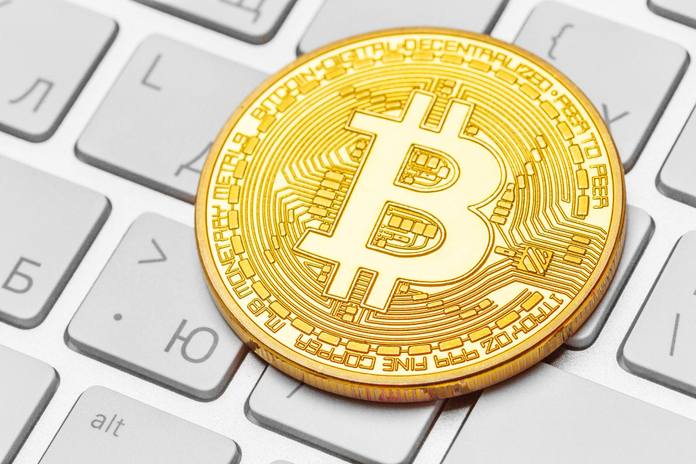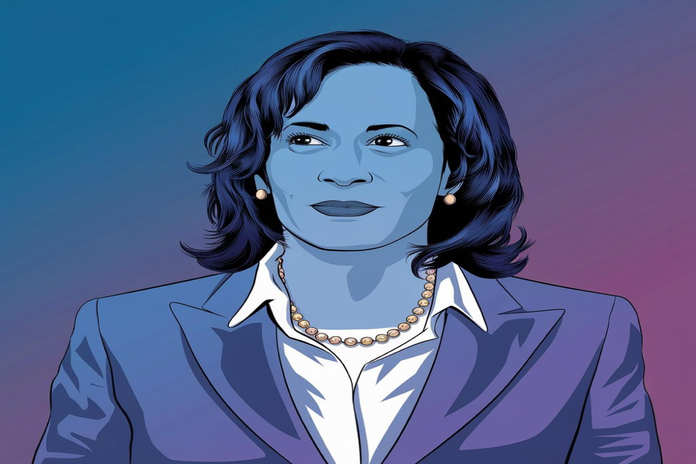How Bitcoin and Ethereum Can Help You Become a Crypto Millionaire

The rise of cryptocurrency has produced an increasing number of millionaires, with Bitcoin (BTC) and Ethereum (ETH) leading the way. According to the Crypto Wealth Report 2024 from Henley & Partners, there are now 172,300 crypto millionaires globally—a 95% increase from the previous year. These individuals hold key cryptocurrencies, particularly Bitcoin and Ethereum, which have skyrocketed in value. This article explores the crypto millionaire potential of these two major assets and why they could be your ticket to wealth.
Bitcoin: The Original Crypto Millionaire-Maker
Bitcoin continues to dominate the cryptocurrency landscape and accounts for nearly half of all crypto millionaires, with 85,400 individuals holding enough Bitcoin to be classified as millionaires. Even more impressive, there are now 156 Bitcoin centi-millionaires (with over $100 million in Bitcoin) and 11 Bitcoin billionaires.
What’s behind Bitcoin’s role in wealth creation? One major factor is the launch of new spot Bitcoin ETFs in 2024. These ETFs, which allow everyday investors to easily buy and sell Bitcoin, have helped push the price of Bitcoin to new all-time highs, reaching $73,750 earlier this year.
These ETFs are revolutionizing how retail investors access Bitcoin, making the process as easy as buying shares of a tech company like Tesla (NASDAQ:TSLA). The accessibility of spot Bitcoin ETFs, combined with Bitcoin’s impressive price performance, has created opportunities for new investors to jump in and potentially benefit from its continued growth.
How Much Bitcoin to Become a Millionaire?
The big question is: how much Bitcoin do you need to become a millionaire? According to Cathie Wood of Ark Invest, Bitcoin could hit $1 million per coin by 2030. If that aggressive prediction comes true, all you would need is to buy one Bitcoin today at around $56,000 and hold it until the price appreciates.
While the path to becoming a crypto millionaire might sound simple, it’s important to remember that the cryptocurrency market is notoriously volatile. Investors should be prepared for price swings along the way, but for those committed to the long haul, Bitcoin remains one of the most promising assets for wealth creation.
Ethereum: The Blockchain Powerhouse with Millionaire Potential
While Bitcoin is often seen as digital gold, Ethereum is the backbone of the blockchain and crypto ecosystem. The Crypto Wealth Report refers to Ethereum as an “apex predator asset” due to its critical role in powering decentralized finance (DeFi), non-fungible tokens (NFTs), and blockchain gaming.
Ethereum’s price has appreciated dramatically since its launch in 2015. Back then, you could buy Ethereum for less than $1 per coin. Fast forward to today, and Ethereum is trading at around $2,400, representing a nearly 2400x increase in value. Ethereum’s flexibility and wide range of use cases make it one of the most attractive options for investors looking to tap into crypto millionaire potential.
The Hidden Advantage of Ethereum: Coin Burning
One unique feature of Ethereum that is often overlooked is its coin-burning mechanism. A portion of each Ethereum transaction fee is “burned,” meaning that the total supply of Ethereum is steadily decreasing over time. This process is similar to a stock buyback, where a company reduces its outstanding shares, making the remaining shares more valuable.
This deflationary mechanism helps to prop up the price of Ethereum in the long term, making it an attractive option for investors. As Ethereum’s use cases expand—particularly in DeFi and NFTs—this supply reduction could lead to even greater price appreciation, contributing to the crypto millionaire potential for early investors.
The Road to Becoming a Crypto Millionaire
While Bitcoin and Ethereum have already created tens of thousands of millionaires, becoming a crypto millionaire today isn’t as simple as it once was. Most of the current crypto millionaires started buying Bitcoin or Ethereum years ago, before the assets reached mainstream attention. These early adopters benefited from accumulating crypto at low prices and holding as their value skyrocketed.
Take Michael Saylor, founder and chairman of MicroStrategy (NASDAQ:MSTR), for example. Saylor is one of the most vocal Bitcoin advocates today, with his company holding more than 1% of all Bitcoin in circulation. Yet, even he didn’t start accumulating Bitcoin until it hit $9,500 during the last bull market. This shows that it’s never too late to enter the crypto space and benefit from future price growth.
Final Thoughts: Is It Too Late to Become a Crypto Millionaire?
The good news is that the crypto millionaire potential is still alive. If Bitcoin does reach $1 million per coin, or if Ethereum continues its upward trajectory fueled by DeFi and NFTs, there’s still time for new investors to get involved. However, it’s important to remember that the path to wealth in the crypto market can be volatile and unpredictable.
Long-term commitment, a clear understanding of market risks, and a diversified approach are crucial for those looking to achieve millionaire status through cryptocurrencies. Bitcoin and Ethereum remain the top contenders for wealth creation in the digital asset space, making them valuable additions to any crypto portfolio.
Featured Image: Freepik © grvstudio






